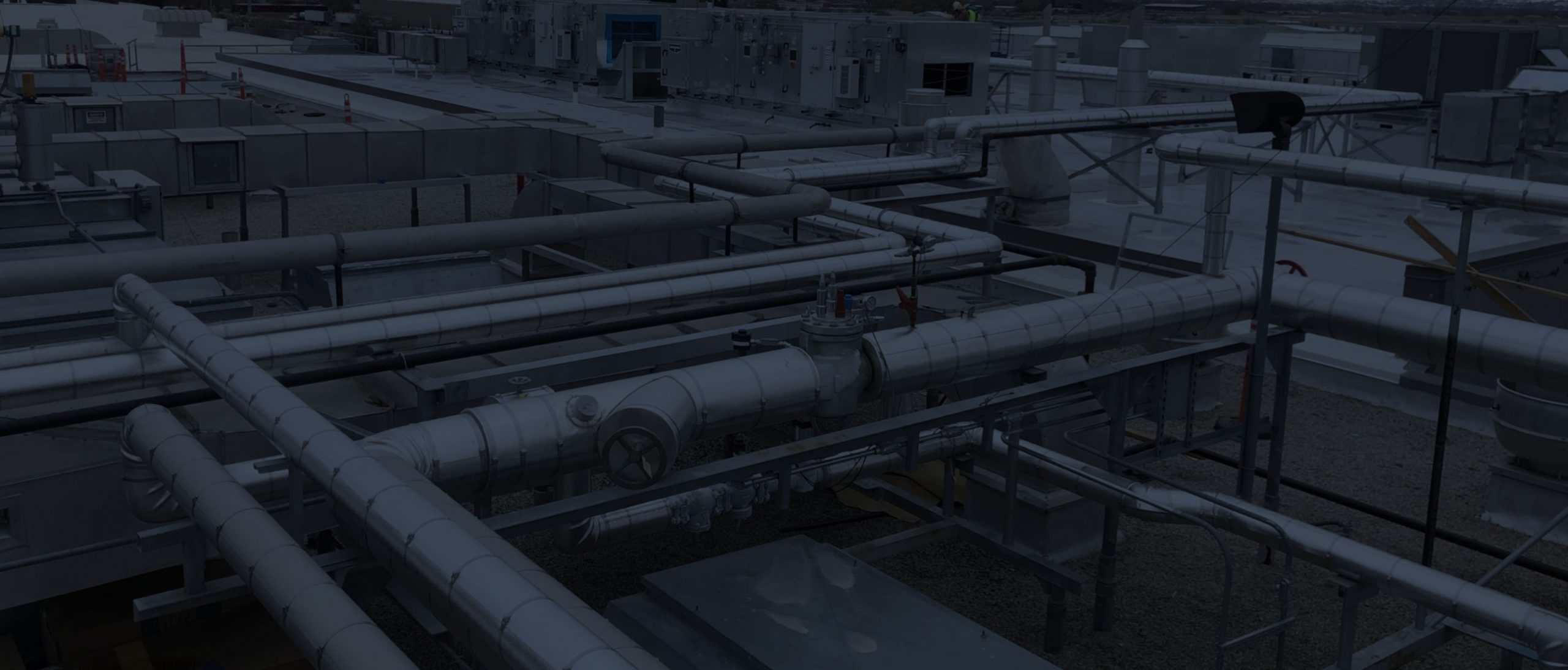Industrial refrigeration plays a vital role in the success of many businesses, particularly in sectors where strict temperature control is essential. As environmental regulations tighten and energy costs continue to rise, companies are seeking refrigeration technologies that are efficient, safe, and sustainable. One solution gaining momentum is CO2 plant refrigeration, which uses carbon dioxide as the refrigerant.
This article explores the industrial applications, advantages, and alternatives of CO2 refrigeration systems, while also looking at why companies across the Western U.S. are adopting this innovative technology.
Understanding CO2 Plant Refrigeration Systems
CO2 refrigeration systems use carbon dioxide, also known as R-744, as the refrigerant. Unlike synthetic refrigerants such as HFCs, which contribute significantly to global warming, CO2 has a Global Warming Potential (GWP) of just 1. This makes it one of the most environmentally responsible options available today.
CO2 systems operate at higher pressures than traditional refrigeration, which requires specialized design and equipment. Although the upfront investment may be greater, businesses often see long-term savings through improved efficiency, greater reliability, and compliance with modern environmental standards.








